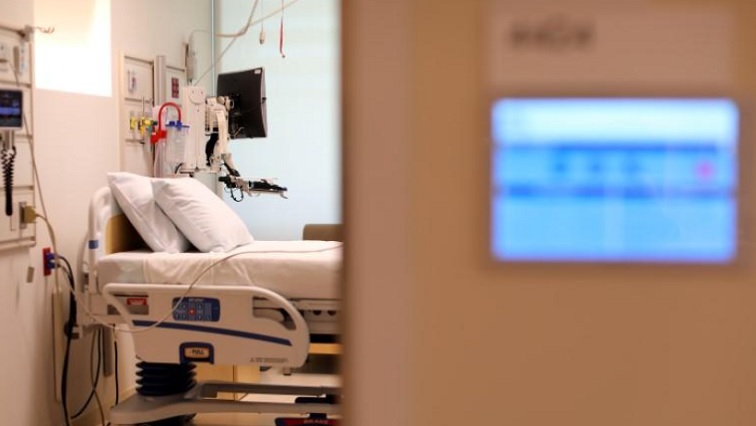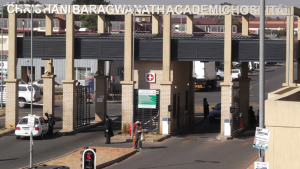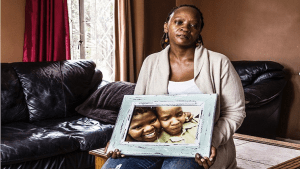The former Gauteng Health Department’s Deputy Director-General for Mental Health Services, Hannah Jacobus has told the Life Esidimeni Inquest that new Non-Governmental Organisations (NGOs) had to ensure their facilities were up to scratch before the transfer of patients to their facilities.
This is after the Life Esidimeni project was shut down by the Gauteng Health Department in June 2016. Jacobus testified that NGOs were not assisted financially to set up facilities for the transfer of mentally ill patients from the Life Esidimeni NGOs.
The inquest was established to determine who should be held criminally liable for the deaths of 144 mental healthcare users in 2016.
According to the Health Ombudsman findings, they died of hunger, neglect and dehydration during and after being transferred from Life Esidimeni to unlawful and ill-equipped NGOs.
Jacobus has continued to give evidence after her testimony was cut short when the inquest took a break for festive holidays last month. She said only an inspection by department officials would determine if new NGOs were suitable to accommodate patients.
She also testified that NGOs were not funded by the department to set up new facilities.
“Normally when an NGO applies to open an NGO they have to prepare and have a place according to specifications with their own money. And then the place will be approved to be correct to open or close. So there’s no money from the department side that we can give to the NGOs. So they’re totally on their own to complete that entire process.”
According to Jacobus, it became clear during the transfer period that some NGOs were not ready to accommodate mental health patients. She told the inquest some NGOs did not have sufficient beds and linen.
“That is why at a later stage when a patient was already transferred I realised that there wasn’t enough linen for instance. And I contacted Dr. Manamela, that’s when I said there’s not enough and the NGOs are not ready. That’s when he gave Mr. Maritz’s name, a factory around Babelegi and that’s where I was going to look for beds but it was about a week before that stuff was finalised.”
Jacobus says there was also confusion with regard to the number of patients who were to be admitted to specific NGOs. She said in some instances, patients were left unattended without transportation to take them to new facilities.
“Then the accompanying practitioners say they had an instruction from their CEO that they must bring that kind of patients to the facility who were adults and a lot of patients with disabilities. Then there was a discussion between us. But I said to them it’s already late and the patients were in the corridors. Some without files and medication.”
The hearing continues.
Proceedings at the Life Esidimeni Inquest:





